Leading scientists at CERN, the world's largest nuclear research organization, on April 1 announced detailed plans for the Future Circular Collider (FCC) project - a particle accelerator whose size far exceeds any previous scientific work.
If approved, the 14 billion Swiss franc (about 16 billion USD) project will become the "golden key" to help humanity explore the deep mysteries of the universe.
The FCC project, with a circumference of up to 91km - three times longer than the current Large Hadron Collider (LHC), will be built underground, along the French-Swiss border and even extend under Lake Geneva.
The accelerator will operate in two phases: a first phase in the mid-2040s to perform high-precision experiments on known physical phenomena, before entering a second phase in 2070 with high-energy collisions of protons and heavy ions.
According to Mr. Giorgio Chiarelli - Research Director at the National Institute of Nuclear Physics of Italy, these experiments can open "the door to the unknown."
He stressed that the history of physics has shown that when more data is available, human intelligence can exploit information far beyond initial expectations.
One of the FCC's central goals is to further study the Higgs Boson - a fundamental particle that helps explain how matter got mass after the Big Bang.
In 2013, CERN confirmed the existence of the Higgs Boson using the LHC, but there are still countless unanswered questions about the nature of this particle.
CERN Director Fabiola Gianotti asserted that this future particle accelerator could become “the most extraordinary tool that humanity has ever built” to study the fundamental laws of nature in two ways: improving understanding of the Higgs Boson and expanding the scope of high-energy physics exploration to find new principles about the formation and development of the universe.
CERN is expected to make a final decision on whether to proceed with the project in 2028. As an international organization with 24 member states (mostly European, plus Israel), CERN will need their consent and financial contributions.
The US currently has the largest number of scientists working at CERN, with about 2,000 people, although it is not an official member.
Under the administration of President Joe Biden, the US has pledged to support research and cooperation in building the FCC, but the future of this support remains a question mark, especially in the context of the current administration of President Donald Trump advocating for cutting the research budget./.
Source: https://www.vietnamplus.vn/tham-vong-kham-pha-vu-tru-voi-may-gia-toc-hat-lon-nhat-lich-su-post1024269.vnp



![[Photo] Prime Minister Pham Minh Chinh meets with the Policy Advisory Council on Private Economic Development](https://vphoto.vietnam.vn/thumb/1200x675/vietnam/resource/IMAGE/2025/5/8/387da60b85cc489ab2aed8442fc3b14a)
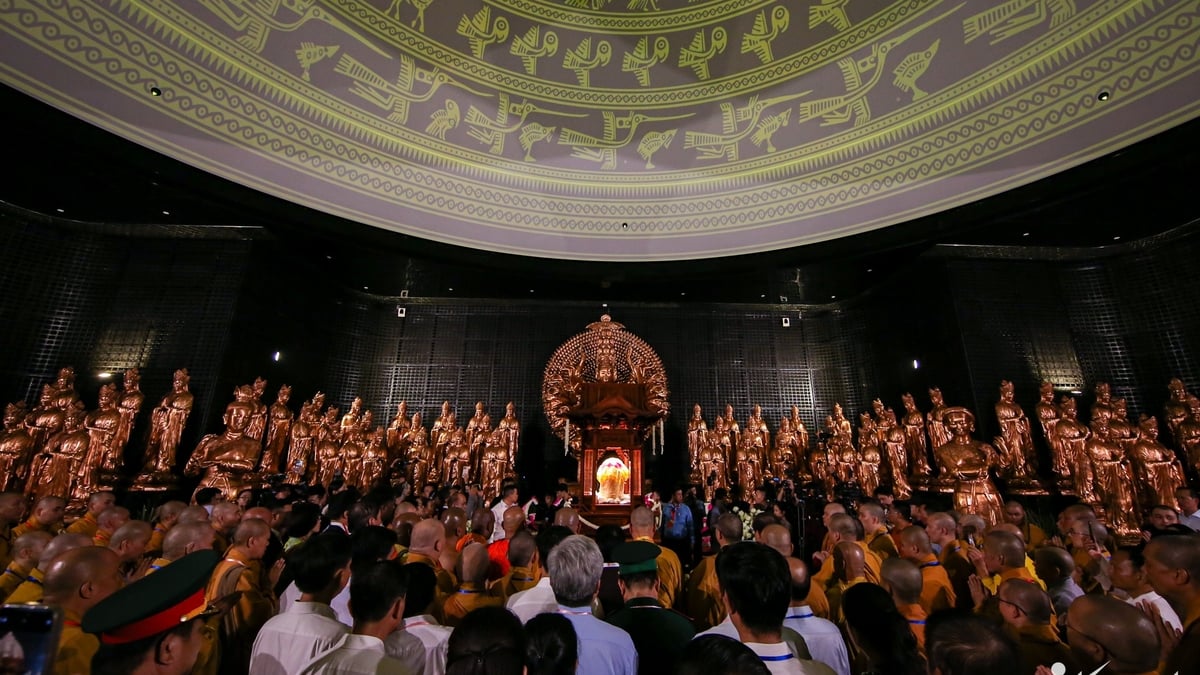
![[Photo] National Assembly Chairman Tran Thanh Man chairs the meeting of the Subcommittee on Documents of the First National Assembly Party Congress](https://vphoto.vietnam.vn/thumb/1200x675/vietnam/resource/IMAGE/2025/5/8/72b19a73d94a4affab411fd8c87f4f8d)
![[Photo] President Luong Cuong presents the decision to appoint Deputy Head of the Office of the President](https://vphoto.vietnam.vn/thumb/1200x675/vietnam/resource/IMAGE/2025/5/8/501f8ee192f3476ab9f7579c57b423ad)
![[Photo] General Secretary To Lam begins official visit to Russia and attends the 80th Anniversary of Victory over Fascism](https://vphoto.vietnam.vn/thumb/1200x675/vietnam/resource/IMAGE/2025/5/8/5d2566d7f67d4a1e9b88bc677831ec9d)

![[Video] Institute of Social Science Information celebrates 50th anniversary](https://vphoto.vietnam.vn/thumb/402x226/vietnam/resource/IMAGE/2025/5/8/541d6946f8a14ed3824d7a3edafc652c)









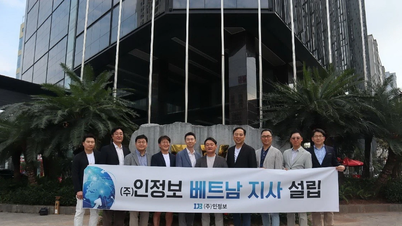

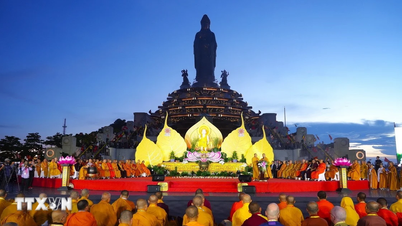
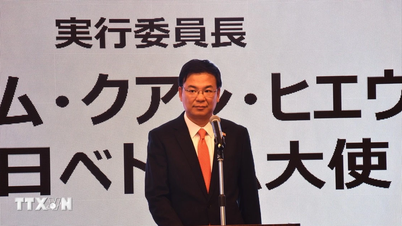





























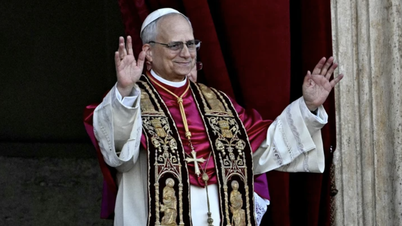

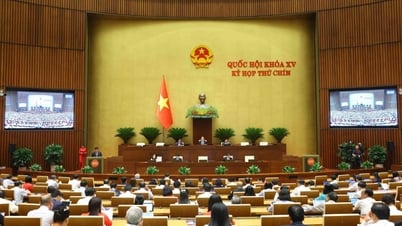

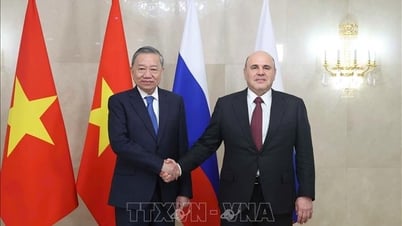
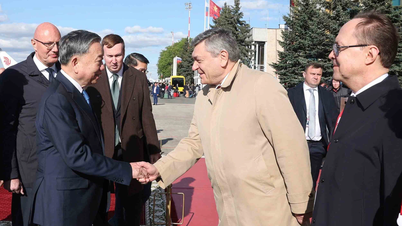














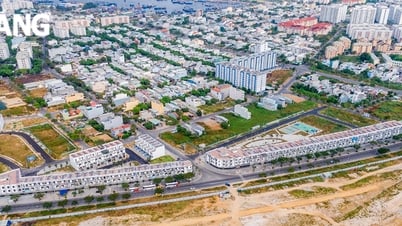

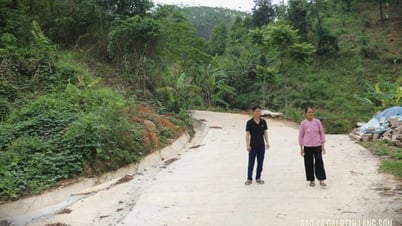

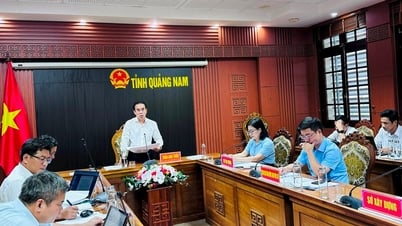

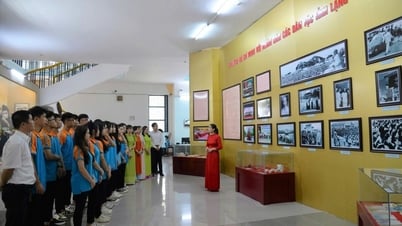














Comment (0)